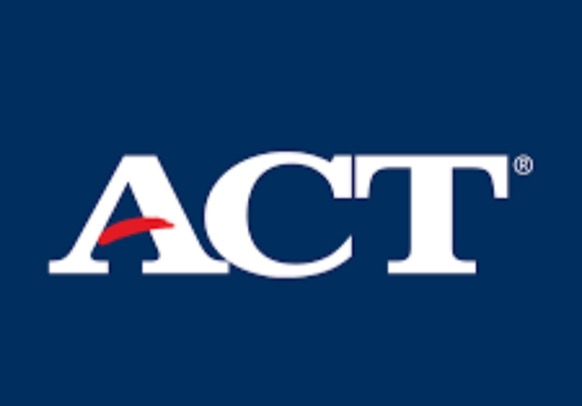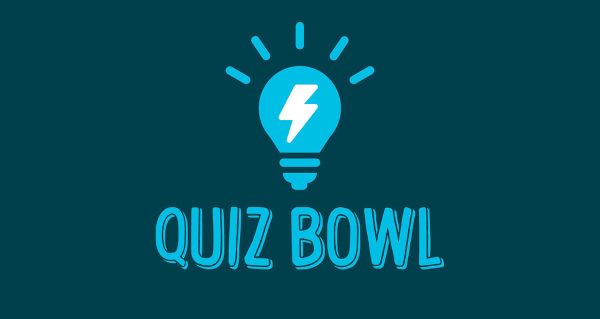ACT Advice

Follow these tips to help succeed during your next ACT
One of the most daunting moments of a student’s high school career will be the ACT test. Four hours in a cramped room, filling in tiny little bubbles, and constantly being told which bubbles you fill in will determine your entire future. However, if you prepare, keep calm and follow these tips, you will be able to better face the dreaded test.
Preparation
One of the best places to start if you’re completely lost is to take one or a two of the practice tests on the ACT website. It will give you immediate feedback so you can prioritize what you need to study the most.
Cramming the night before won’t help you much on the big day. Instead make and stick to a study schedule that works for you; it could be 15 minutes every day, 30 minutes three days a week or an hour every Saturday.
Before
The day of the test has arrived. It’s important to get a good night’s sleep (which means no late-night cramming), drink water, eat a healthy breakfast and do some light exercise to get your blood flowing and your brain alert.
Before you leave, triple check to make sure you have all of the necessary items: a couple of sharpened number two pencils, a calculator, a water bottle, a light snack, a jacket and your ACT registration and ID.
Most ACT tests start at 8; make sure to get there at least 15-30 minutes beforehand so you can park, register, find your room and get settled in without rushing. It’s important to stay calm before so you can succeed during the test.
During
The timer has begun. All of your studying has led up to this moment. There are four different sections and each one requires a different strategy to succeed.
For the reading section, read over the questions before you start reading the passage. If a question mentions a specific line, mark it in the passage to save time.
The math section of the ACT will expect you to know many different formulas that you probably have forgotten over your high school years. It’s important to memorize them, using flash cards or any method that works for you. The ACT has provided a list of the formulas you need on their website.
The science section isn’t really testing your extensive knowledge of the subject but rather your application of experiments and research. If you don’t know the specific answer to a question, the data tables or graphs will usually help you find the answer.
The english section can be tough; even if you know the basic grammar rules and context usage, sometimes there are multiple correct answers. Always keep in mind that the ACT is looking for the clearest, most concise answer.
Remember, there’s no penalty for guessing, so even if you don’t know the answer, it’s much better to make an educated guess than to leave blank.
After
And it’s finally over. The hard part’s finished. Results usually take two weeks to come in, so relax and try to put it out of your mind for those 14 days. When results do come in, it’s important to go through and learn where you did good and where you can improve.
And there you have it! Just remember, that even if you don’t get the score you were looking for, you can retake the test as many times as you need. But don’t forget that no matter your score, your worth lies in so much more than a test.

Kalea Reeves is a senior at St. Dominic. When she’s not working at McAlister’s, she’s rewatching the Good Place for the seventh time. And no, she...






